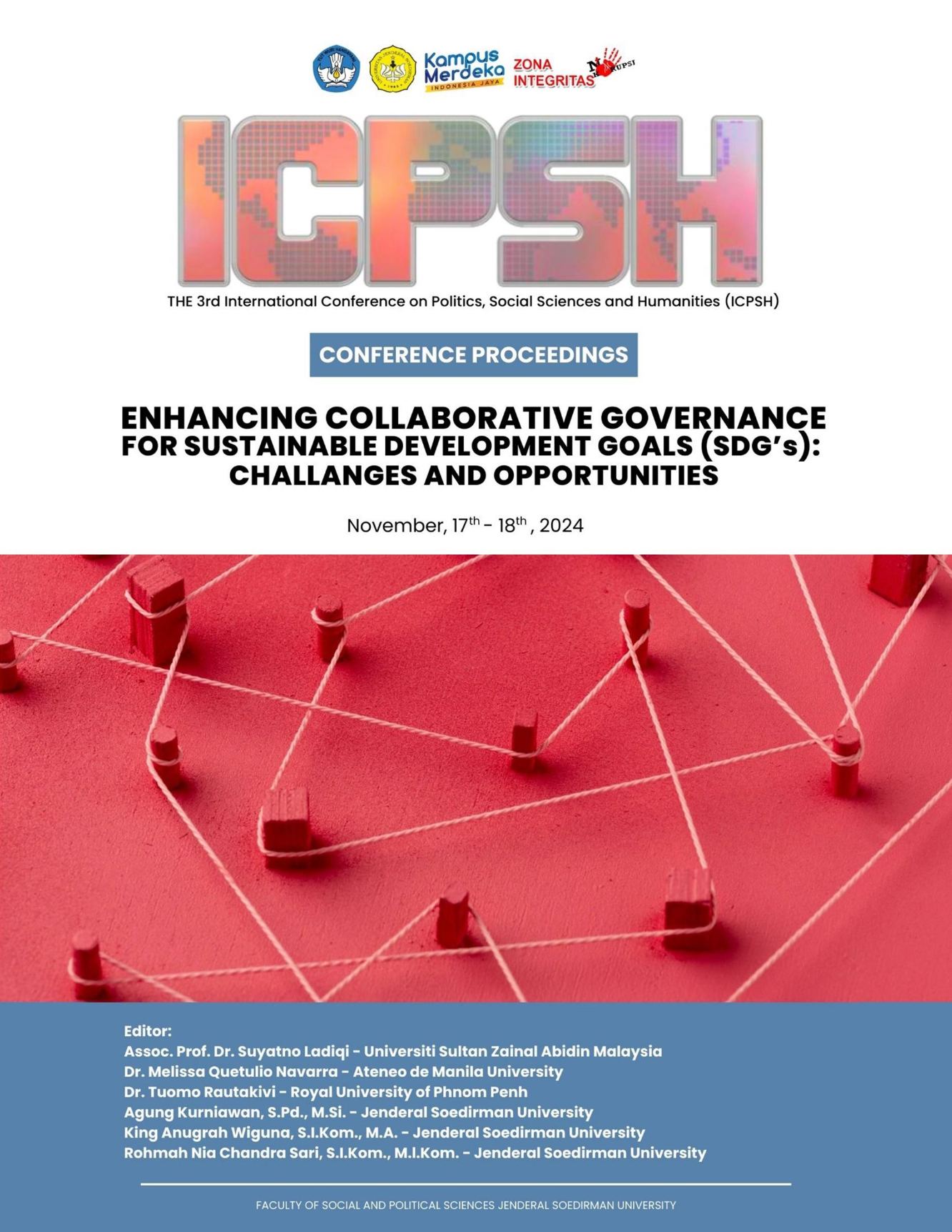The Role of Identity Politics in Millennial Voting Behaviour: Intersectionality and the 2024 Election
Abstract
This paper explores the significant role of identity politics in shaping the voting behaviour of millennials in the context of the 2024 election, with a particular focus on intersectionality. Identity politics, which involves the political interests and perspectives of various social groups, has gained prominence in recent years, influencing electoral outcomes in various countries, including Indonesia. This research is crucial as it delves into how millennials, a demographic that has increasingly engaged with social issues, utilise their identities—such as race, gender, and sexual orientation—to inform their political choices. The methodology employed includes a mixed-methods approach, combining quantitative data from surveys and electoral studies with qualitative insights from interviews and case studies. Preliminary findings indicate that millennials are more likely to support candidates who resonate with their identity-related concerns, resulting in a marked shift in traditional voting patterns. The conclusions drawn from this research highlight the necessity for political parties to understand and engage with the complexities of identity politics to effectively mobilise millennial voters in the upcoming election. This understanding can significantly impact electoral strategies and policy formulation, ultimately shaping the political landscape in Indonesia as well as globally.



